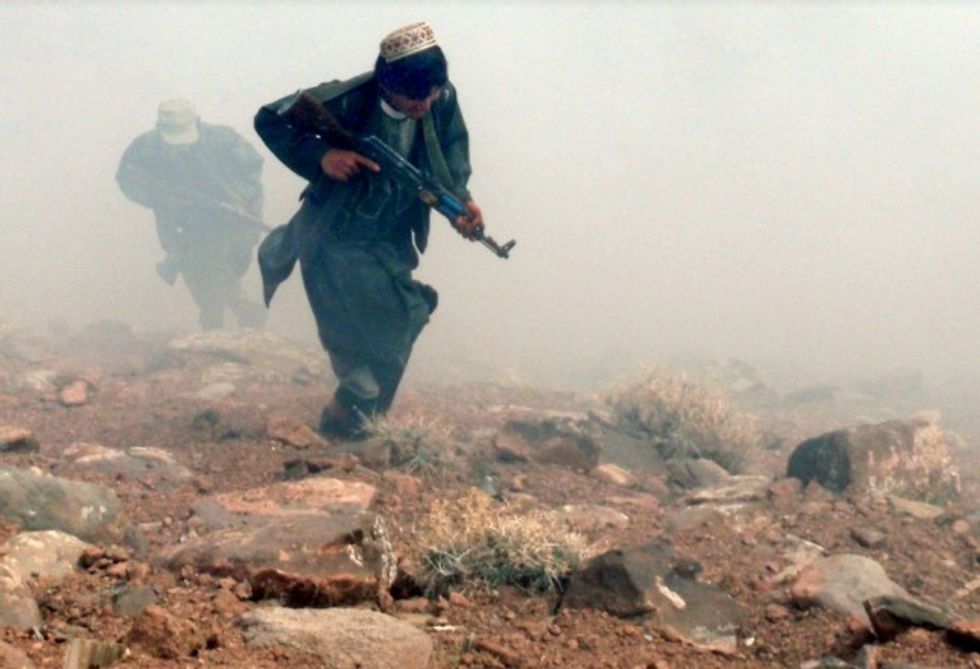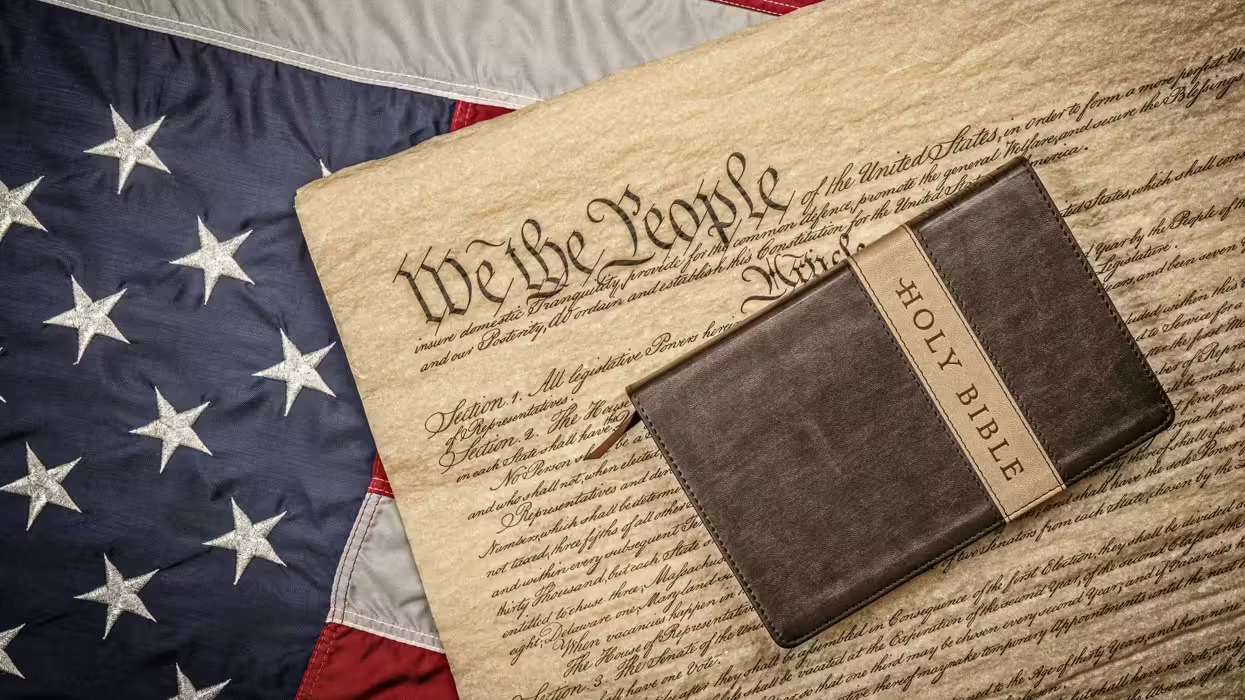
© 2025 Blaze Media LLC. All rights reserved.
Navy SEALs Accused of Covering Up Allegations of Brutality Against Detainees, Beating Death: Report
December 17, 2015
“It just comes down to what’s wrong and what’s right."
Not long after dawn on the last day of May 2012, a bomb exploded at a checkpoint in the village of Kalach, Afghanistan — claiming the life of a member of an Afghan Local Police unit stationed there.
Surviving members of the unit grabbed a half dozen or so suspects from the village market and forced them to an American outpost, beating them with rifle butts and car antennas.

Navy SEALs were training the group of Afghan police, so an Army medic standing guard at the base, Specialist David Walker, figured the members of SEAL Team 2 who were present would halt their abuse.
But instead, Walker said that one of the SEALs “jump-kicked this guy kneeling on the ground,” the New York Times reported Thursday. The paper said that two more SEALs joined in, according to Walker and other soldiers. They allegedly stomped on the bound detainees and dropped heavy stones on their chests, witnesses recalled, and stood on prisoners’ heads and poured bottles of water on some of their faces, which two Army soldiers said resembled waterboarding.
By day's end, one of the detainees was dead.
The Times further reported:
The four American soldiers working with the SEALs reported the episode, which has not previously been disclosed. In a Navy criminal investigation, two Navy support personnel said they had witnessed some abuse by the SEALs, as did a local police officer. Separately, an Afghan detained with the man who died provided a detailed account of mistreatment by American troops and Afghan militiamen in an interview with The New York Times.The SEAL command, though, cleared the Team 2 members of wrongdoing in a closed disciplinary process that is typically used only for minor infractions, disregarding a Navy lawyer’s recommendation that the troops face assault charges and choosing not to seek a court-martial. Two of the SEALs and their lieutenant have since been promoted, even though their commander in Afghanistan recommended that they be forced out of the elite SEAL teams.
“It just comes down to what’s wrong and what’s right,” Walker said in a recent interview, according to the Times. “You can’t squint hard enough to make this gray.”
Some SEALs were behaving badly even before this episode, the paper said. Soldiers and Afghan villagers said SEALs threw grenades over the walls of their base, fired high-caliber weapons at passing vehicles and hit children's faces with hard candy flung from slingshots.
Military justice experts who reviewed a Naval Criminal Investigative Service report on the case told the Times it was inappropriate that the SEAL command treated the abuse allegations as an internal disciplinary matter, saying instead that an Article 32 review — the equivalent of a grand jury — should have taken place to consider a court-martial.
“It’s unfathomable,” Donald J. Guter, a retired rear admiral and former judge advocate general of the Navy, in charge of all its lawyers, told the Times. “It really does look like this was intended just to bury this.”
More from the Times:
Navy officials defended the handling of the case, saying the SEAL captain who oversaw it had had full authority to decide it as he saw fit. The captain, Robert E. Smith, who was then in charge of SEALs based on the East Coast and is now a military assistant to the secretary of the Navy, said in a recent statement that the Team 2 members had denied abusing the detainees.Captain Smith said that he had found inconsistencies in the soldiers’ accounts when they were questioned five months later, and that conflicting statements from the Army and Navy witnesses “did not give me enough confidence in their overall accuracy to hold the accused accountable for assaults or abuse, or warrant Article 32 proceedings.”
While he said it was “evident” that the Afghan militiamen had mistreated the detainees and that the SEALs had not reported it, he dismissed charges for failing to make such a report.
Read the full article from the Times here.
Want to leave a tip?
We answer to you. Help keep our content free of advertisers and big tech censorship by leaving a tip today.
Want to join the conversation?
Already a subscriber?
Sr. Editor, News
Dave Urbanski is a senior editor for Blaze News.
DaveVUrbanski
more stories
Sign up for the Blaze newsletter
By signing up, you agree to our Privacy Policy and Terms of Use, and agree to receive content that may sometimes include advertisements. You may opt out at any time.
Related Content
© 2025 Blaze Media LLC. All rights reserved.
Get the stories that matter most delivered directly to your inbox.
By signing up, you agree to our Privacy Policy and Terms of Use, and agree to receive content that may sometimes include advertisements. You may opt out at any time.






